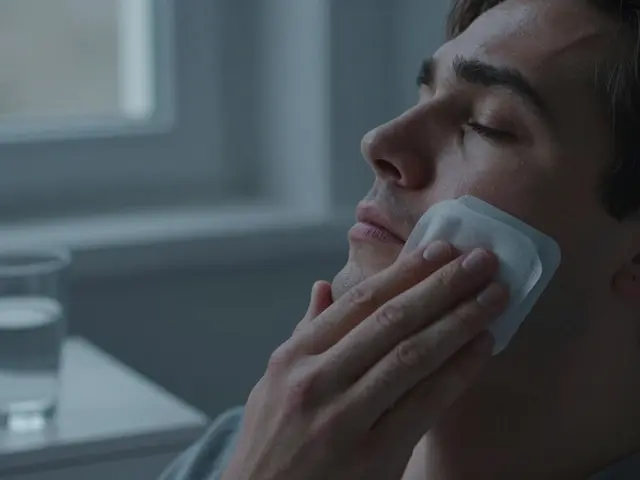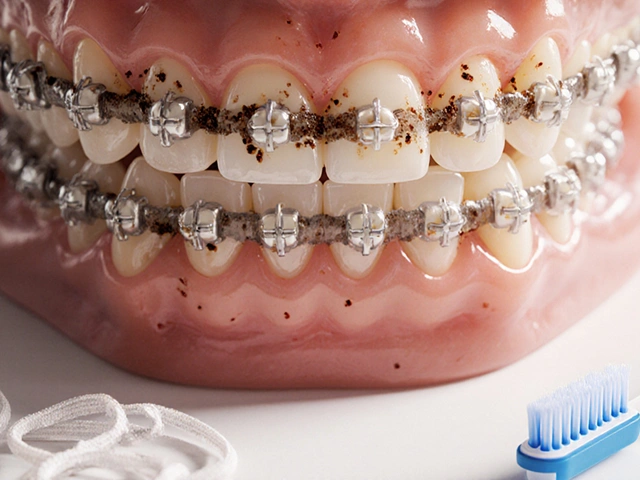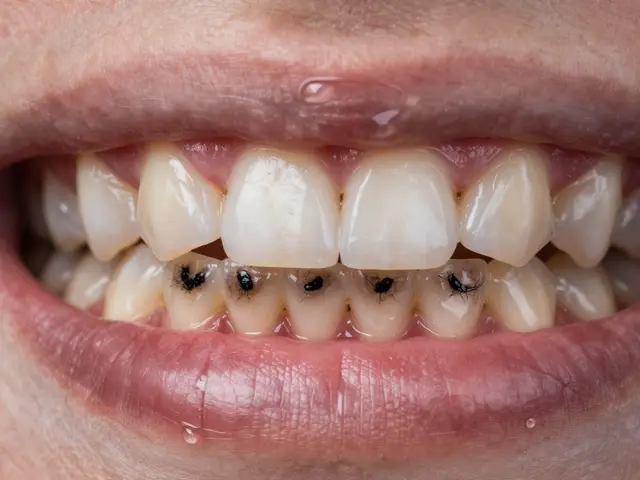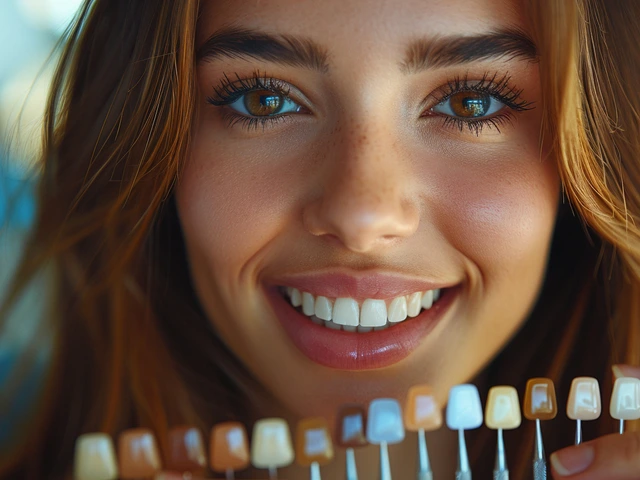Jak čistit rovnátka: Praktický návod pro bezproblémovou hygienu
When you wear fixní rovnátka, pevné ortodontické zařízení, které postupně posouvá zuby do správné polohy. Also known as kovové dráty a závěsy, they make brushing your teeth more challenging—but not impossible. Without proper cleaning, plaque builds up around the brackets, leading to white spots, gum inflammation, and even zubní kámen, tvrdý nános bakterií a minerálů, který se tvoří, když nečistíte zuby dostatečně. This isn’t just about looks—it’s about keeping your teeth healthy after the braces come off.
Many people think brushing harder fixes everything, but that’s not true. You need the right tools and technique. A regular toothbrush won’t cut it—you need a special orthodontic toothbrush, kartáček s úzkou hlavičkou a krátkými štětinami, který dosáhne i mezi dráty a závěsy. Pair it with an interdental brush, malý kartáček na čištění mezi dráty a kolem závěsů to clean under wires and around metal parts. Water flossers also help, especially if your gums feel sore after adjustments. Don’t skip this step—plaque hiding near brackets can turn into cavities in just weeks.
And it’s not just about brushing. You need a routine. Brush after every meal, even if it’s just a snack. Carry a travel kit with your brush, floss threader, and maybe a small mirror to check if any food’s stuck. If you notice white spots on your teeth later, it’s not because your braces caused them—it’s because plaque sat there too long. The same goes for bad breath. It’s not the metal—it’s the bacteria you didn’t remove.
Parents of kids with braces often ask: "How do I make sure they’re doing it right?" The answer is simple: watch them for the first week. Show them how to angle the brush at 45 degrees, how to clean each bracket individually, and how to use the interdental brush like a tiny drill. Make it part of their daily rhythm—after breakfast, after lunch, before bed. If they skip, the damage shows up months later, and no dentist can fix it without drilling.
Don’t wait until your next orthodontist visit to deal with this. If your gums bleed when you brush, if your breath smells even after using mouthwash, if you feel rough patches on your teeth—those are signs. And they’re not normal. Most people think braces are the problem. They’re not. The problem is what you don’t clean around them.
Below you’ll find real-life tips from patients who’ve been through it, tools that actually work, and mistakes to avoid. No fluff. Just what helps you keep your teeth clean, your gums healthy, and your smile ready to shine once the braces are gone.
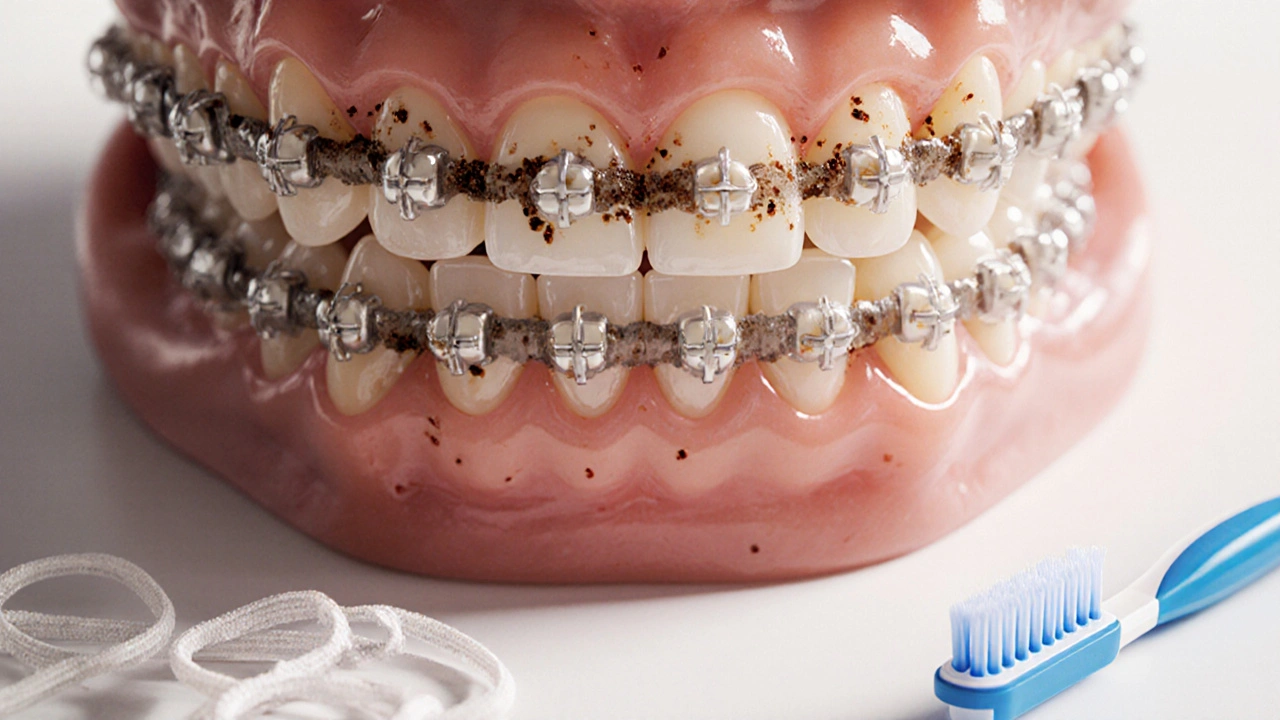
Zjistěte, jak správně čistit gumičky na rovnátka, aby jste předešli zánětům, karies a trvalým skvrnám. Praktický návod pro každodenní péči o ortodontický aparát.
Klára Horáková lis 16, 2025
